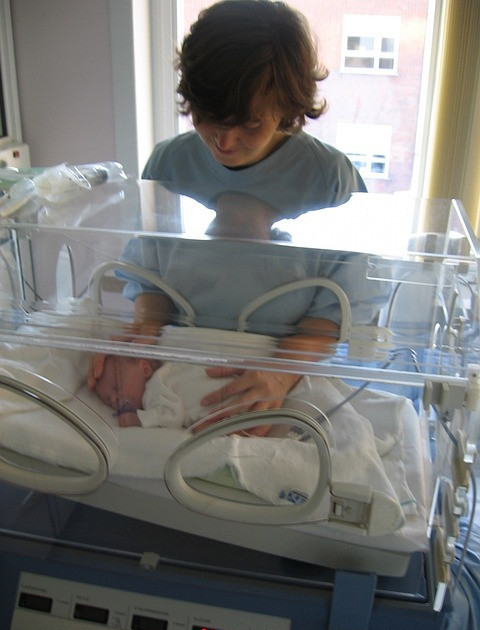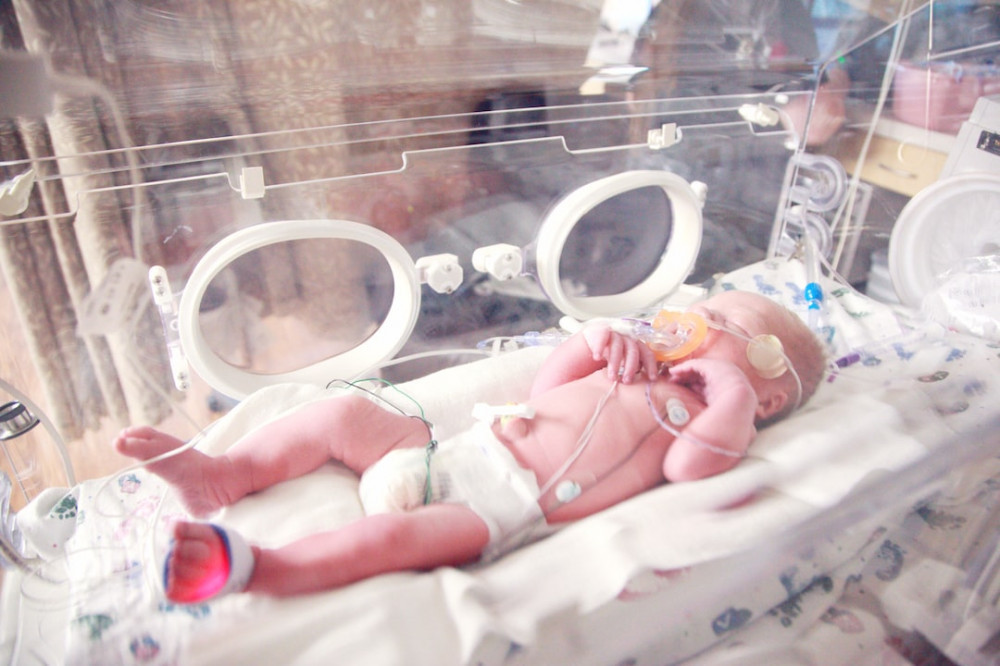
Feeding issues in premature babies are complex and multifaceted, and understanding them requires a broad examination of several related areas.
What is a Premature Baby?
A pregnancy normally lasts about 40 weeks. Some risk factors for a prete birth include having a previous preterm birth and being pregnant with multiples. Babies that are born before the 37th week of pregnancy are termed as premature babies. Premature baby, or “premie”, often face unique health challenges because they have less time to develop in the womb. Their organs, particularly the lungs, digestive system, and immune system, might be underdeveloped, leading to medical complications that can have long-term effects.
Premature births are typically classified into categories depending on the gestational age:
- Extremely Preterm: Less than 28 weeks
- Very Preterm: 28 to 32 weeks
- Moderate to Late Preterm: 32 to 37 weeks
The earlier a baby is born within these categories, the higher the risk of complications and the more intensive care they will likely require. Treatments and outcomes have improved substantially over the years, thanks to advancements in neonatal medicine, but premature birth remains a significant concern that requires specialized care and attention.

Proper nutrition is crucial for all infants but becomes especially critical for premature babies, who often have unique and pressing nutritional needs. Here’s why proper nutrition is so essential for preemies:
1. Growth and Development:
- Premature babies are born with fewer nutrient stores, and their rapid growth requires careful nutritional support.
- Adequate nutrition supports the growth of vital organs and systems, including the brain, lungs, and digestive system.
2. Immune System Support:
- Nutrition, especially breast milk, can provide essential antibodies and other immune-boosting substances that premature babies might lack, helping them fight infections and illnesses.
3. Energy Needs:
- Preemies have higher energy demands per unit of body weight compared to full-term infants, making appropriate calorie provision essential.
4. Bone Health:
- Adequate intake of calcium and phosphorus is vital for bone mineralization and overall skeletal development.
5. Digestive System Development:
- Proper nutrition helps in the development and function of the gastrointestinal tract, reducing the risk of complications like Necrotizing Enterocolitis (NEC).
6. Neurological Development:
- Certain nutrients, such as omega-3 fatty acids, are crucial for the development of the nervous system, including the brain and eyes.
7. Emotional Bonding and Comfort:
- Feeding (whether by breast, bottle, or tube) is not just a physical necessity but also a central part of bonding between parents and child, which can be especially important in the often-stressful context of premature birth.
8. Prevention of Complications and Long-term Health Issues:
- Proper nutrition minimizes the risk of long-term health problems, including developmental delays and chronic health conditions.
9. Tailored Nutritional Support:
- Premature infants may have specific nutritional needs based on their gestational age, weight, medical condition, and individual tolerance to feeding. Personalized nutritional care ensures that these unique needs are met.
10. Parental Involvement and Education:
- Educating parents about their baby’s nutritional needs and involving them in feeding can have positive effects on both the infant’s physical development and the parent-child relationship.
Proper nutrition is a cornerstone of care for premature babies. It plays an integral role in almost every aspect of their growth, development, and overall well-being. Ensuring that premature infants receive appropriate nutrition requires careful planning, monitoring, and often the involvement of a multidisciplinary team including neonatologists, dietitians, lactation consultants, and nurses.
Feeding premature babies presents several unique challenges due to their underdeveloped physiological systems and specific nutritional needs. Here’s an overview of some of these challenges:
1. Underdeveloped Digestive System:
- Premature infants often have immature gastrointestinal tracts, making digestion and absorption of nutrients more difficult.
- This can lead to problems like gastrointestinal reflux and intolerance to certain feeds.
2. Difficulty with Sucking and Swallowing:
- The ability to suck, swallow, and breathe in a coordinated manner usually develops around the 34th week of gestation.
- Babies born before this may struggle with these coordinated movements, making bottle or breastfeeding difficult or impossible.
3. Risk of Necrotizing Enterocolitis (NEC):
- NEC is a serious intestinal disease that primarily affects premature infants. It can be life-threatening and is often associated with the initiation of feeds.
- Careful monitoring and gradual introduction of feeds are necessary to minimize this risk.
4. Respiratory Distress:
- Many premature infants require respiratory support, which can interfere with normal feeding.
- They may have difficulty coordinating breathing with sucking and swallowing, or they may be unable to feed orally altogether if they are on a ventilator.
5. Metabolic Challenges:
- Premature babies might have trouble metabolizing certain nutrients, leading to imbalances in glucose, calcium, and electrolytes that must be carefully monitored and managed.
6. High Nutritional Needs:
- The nutritional needs of preemies are higher, yet their small stomach size limits the volume they can consume at each feeding.
- Careful planning and monitoring are necessary to ensure that nutritional needs are met without overloading the baby’s digestive system.
7. Parental Anxiety and Stress:
- Parents of premature babies often experience anxiety and stress around feeding, especially if their baby is struggling to feed.
- This can be a barrier to establishing successful breastfeeding or bottle-feeding practices.
8. Long-Term Feeding Challenges:
- Some premature infants may face long-term feeding challenges, including oral aversions, difficulty transitioning to solid foods, and ongoing gastrointestinal problems.
9. Inadequate Breast Milk Supply:
- Mothers of premature infants may struggle to establish an adequate breast milk supply, particularly if separated from their baby.
10. Sensory Sensitivities:
- Premature infants may have heightened sensitivities to taste, smell, or texture, affecting their ability and willingness to feed.
Feeding premature infants requires a nuanced and multifaceted approach. There is no one-size-fits-all solution, and care must be individualized based on the baby’s gestational age, health condition, development, and family preferences. A team of healthcare providers, including neonatologists, nurses, dietitians, and lactation consultants, often collaborates to provide the best feeding care for premature babies, working closely with parents to ensure that the infant’s nutritional and developmental needs are met.




